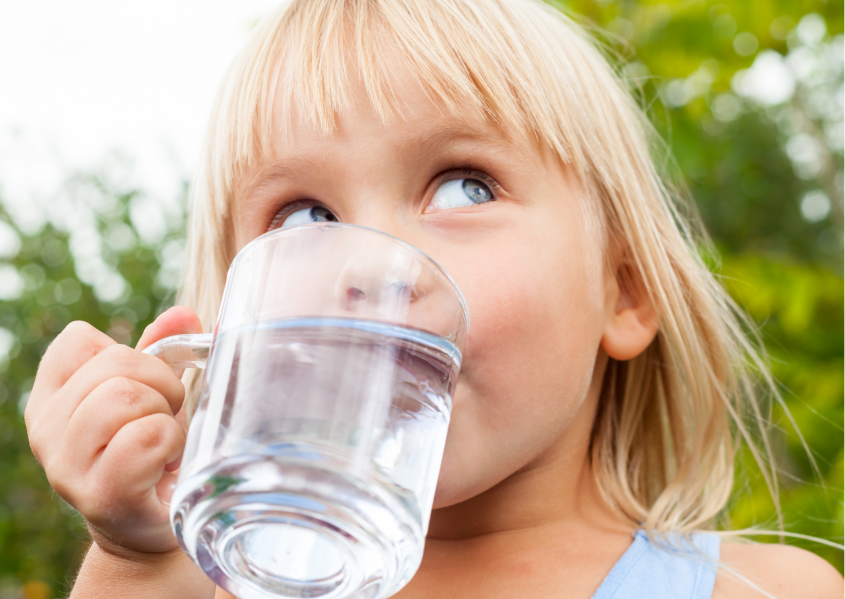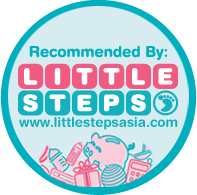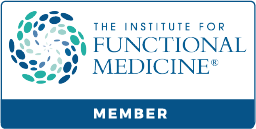
Why (Exactly) is Hydration So Important?
Water represents 60 to 70% of the human body. It’s really important to drink 6 to 8 glasses of pure water per day and here is why.
What is the use of the water in our body?
Water: source of energy
Water is our main source of energy: it generates electrical and magnetic energy inside every cell of body, including for brain functions, especially those involved in thought. It also energizes food particles which are therefore more able to provide the body with the necessary energy.
Water: constructive, protective and repairing element
- Water is absolutely necessary in making the immune system more efficient.
- All neurotransmitters and hormones in the brain need water. It’s also essential for the body’s cooling mechanisms.
- Water increases the efficiency of red blood cells in taking oxygen from the lungs, therefore helping oxygenate the body.
- Water is the main lubricant in the joint spaces and helps prevent arthritis and back pain. It is used in the intervertebral discs to absorb shocks.
- It cleans toxic deposits in tissue spaces, joints, brain and skin to be processed by the liver and kidneys, which are also cleaned by water (among others).
Water: beauty, well-being and health
- Water makes the skin smoother, reduces the effects of aging and gives shine to the eyes.
- Water decreases the pain PMS as well as hot flashes. It reduces the incidence of morning sickness in pregnant women.
- It is also an excellent lubricant and laxative that prevents constipation.
- It allows a better integration of body/mind functions, increases our efficiency at work, helps reduce stress, anxiety and depression. Water helps reduce fatigue and restore normal sleep patterns.
- Drinking water helps dissociate feelings of hunger and thirst – it’s a great way to lose weight.
WATER for children, especially during learning periods
Most of the foods we eat today contain chemicals to extend their shelf life in stores. Many of these products contain “toxic” elements that the body has to work on eliminating. The lymphatic system helps eliminate these wastes and its circulatory system is mainly activated by muscle movements. Some children are able to move constantly so that the over-stressed lymphatic system does its job. However, if the body has trouble eliminating excess toxins, it will use other organs, by “indirect elimination”. For example, the skin with the appearance of acne, or the tonsils with repeated sore throats.
The brain too is very sensitive to dehydration. When the child is dehydrated, it can result in the jamming of thoughts or the inability to retain information as effectively as possible. That's why one of the first things to do when a child is tired and/or inattentive should be to give him/her water to drink.
Pure water is one way to help the body eliminate toxins. Also, in the event of an organ overload, Adaptogenese Kinesiology can be an effective tool to drain the organs that need it, as well as to correct a possible general dehydration or related to a specific organ.
Possible consequences of a lack of hydration:
- Migraine
- Nibbling, weight gain
- Joint pain
- Muscle aches
- Tissue acidosis, which in the long term involves a poor functioning of the metabolism, oxidative stress, chronic inflammation and may contribute to bone demineralization
- Reduction of the circulation of energy in the meridians (TCM), which sometimes involves disorders such as memory or concentration problem, nervous exhaustion, cerebral fatigue, stiff neck, unexplained pain (knees, tailbone, back, hips, heels, ankles, …) decreased activity of the pituitary gland, tension of the posterior chains, poor adaptation to effort (lung/heart), etc
- Stomach pains
- Agitation
- Decreased attention and concentration
Note that while these are possible direct consequences of dehydration, the manifestation of these symptoms may be related to other causes.
Drink water
It is important drinking good quality pure water.
Avoid “tap water” as much as possible, which might lack key energy and minerals, and opt instead for natural mineral water or filtered tap.
Likewise, other drinks such as coffee, tea or herbal teas do not hydrate us in the sajme way. While they are certainly very interesting in certain situations, on the one hand, they do not hydrate as well as pure water, and on the other, they systematically revive the peristalsis of the digestive system.
Lastly, remember that the human body has no place to store water from which to draw from when needed (unlike the camel!). It is therefore essential to drink water regularly, throughout the day.
Claire Bonnaud is available Friday afternoons at Central Wellness and Wednesday afternoons at Stanley Wellness. For bookings, please contact our lovely reception team:
☎️ 2866 0287 (Central) / 2372 9700 (Stanley)
📧 This email address is being protected from spambots. You need JavaScript enabled to view it.
kinesiology



